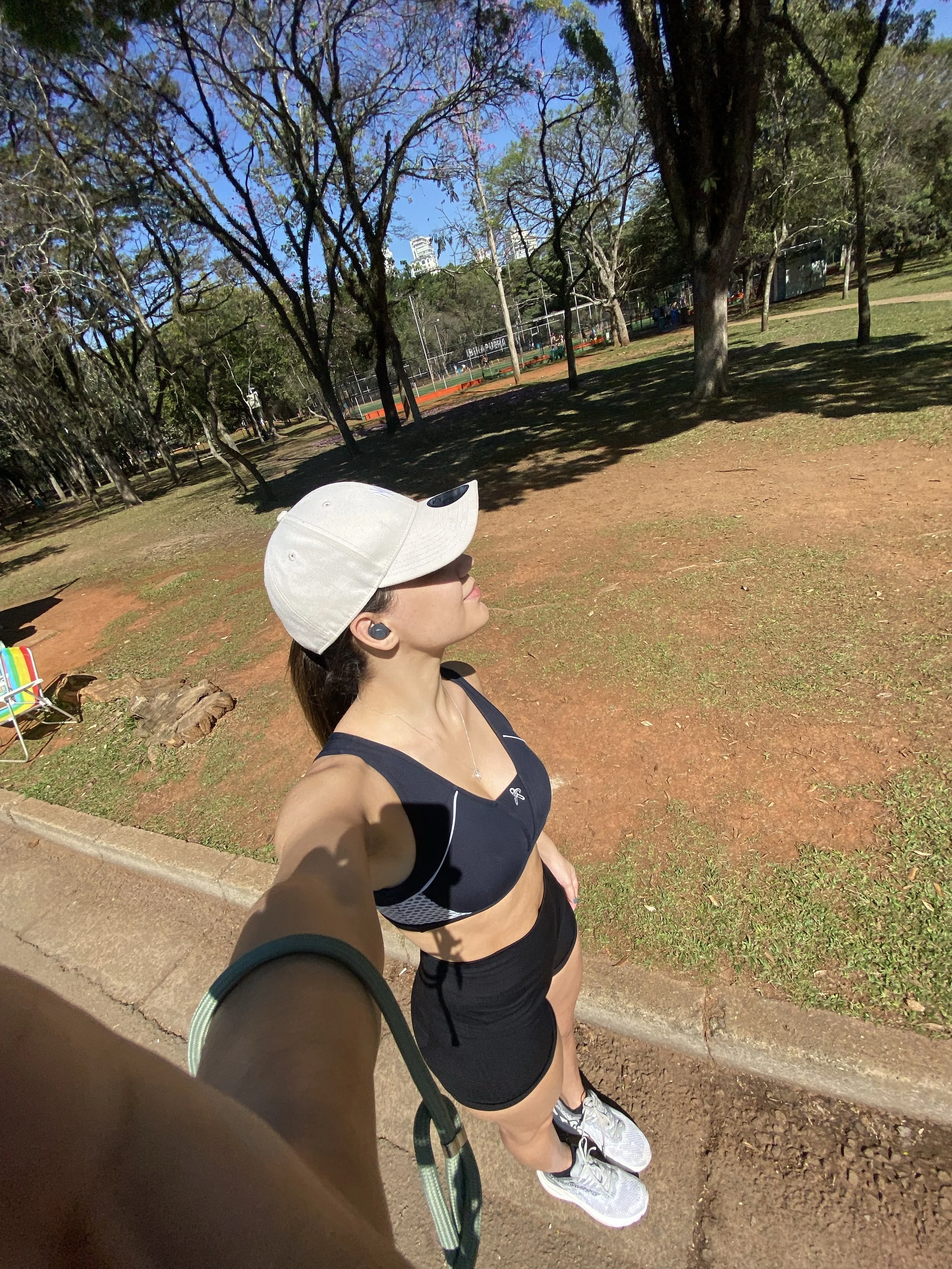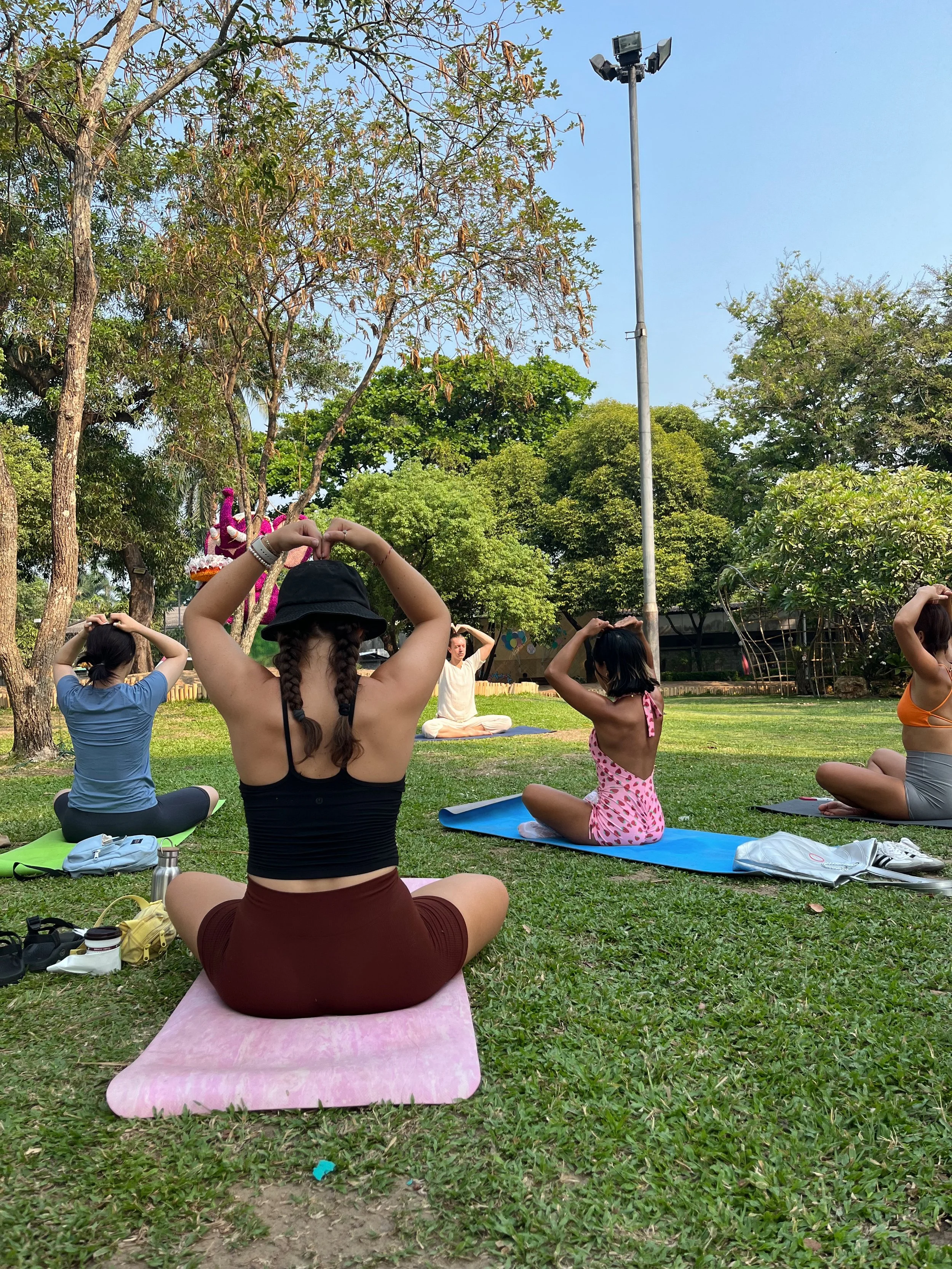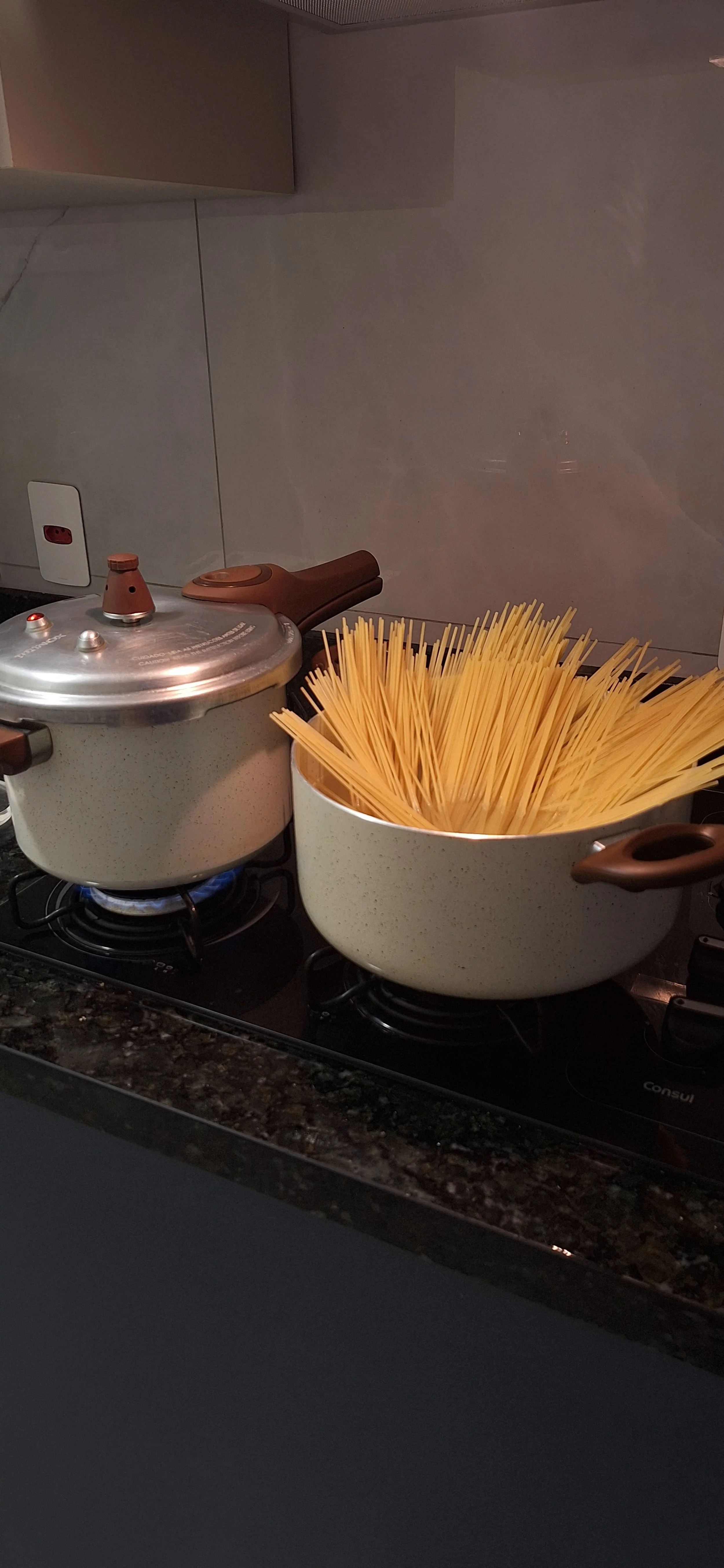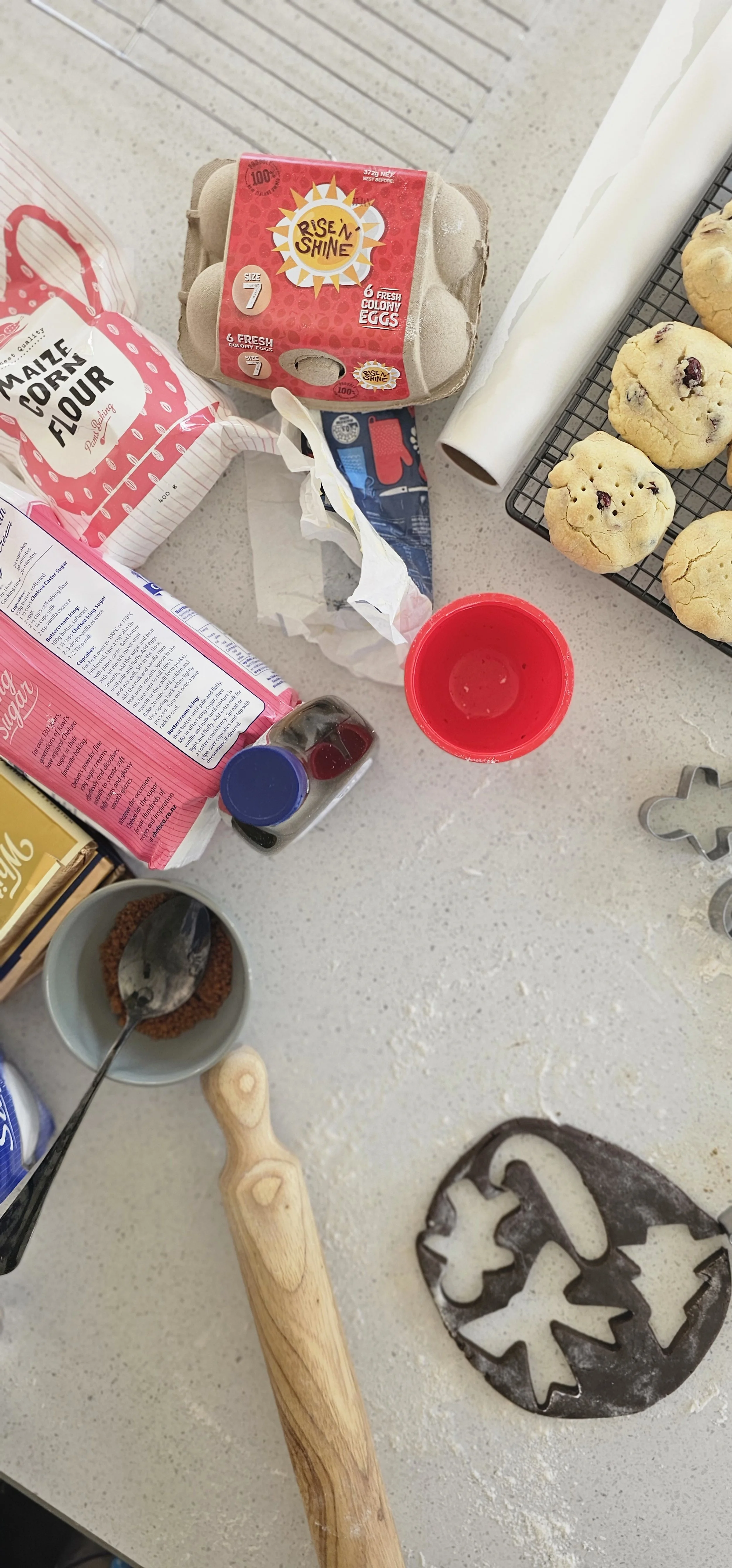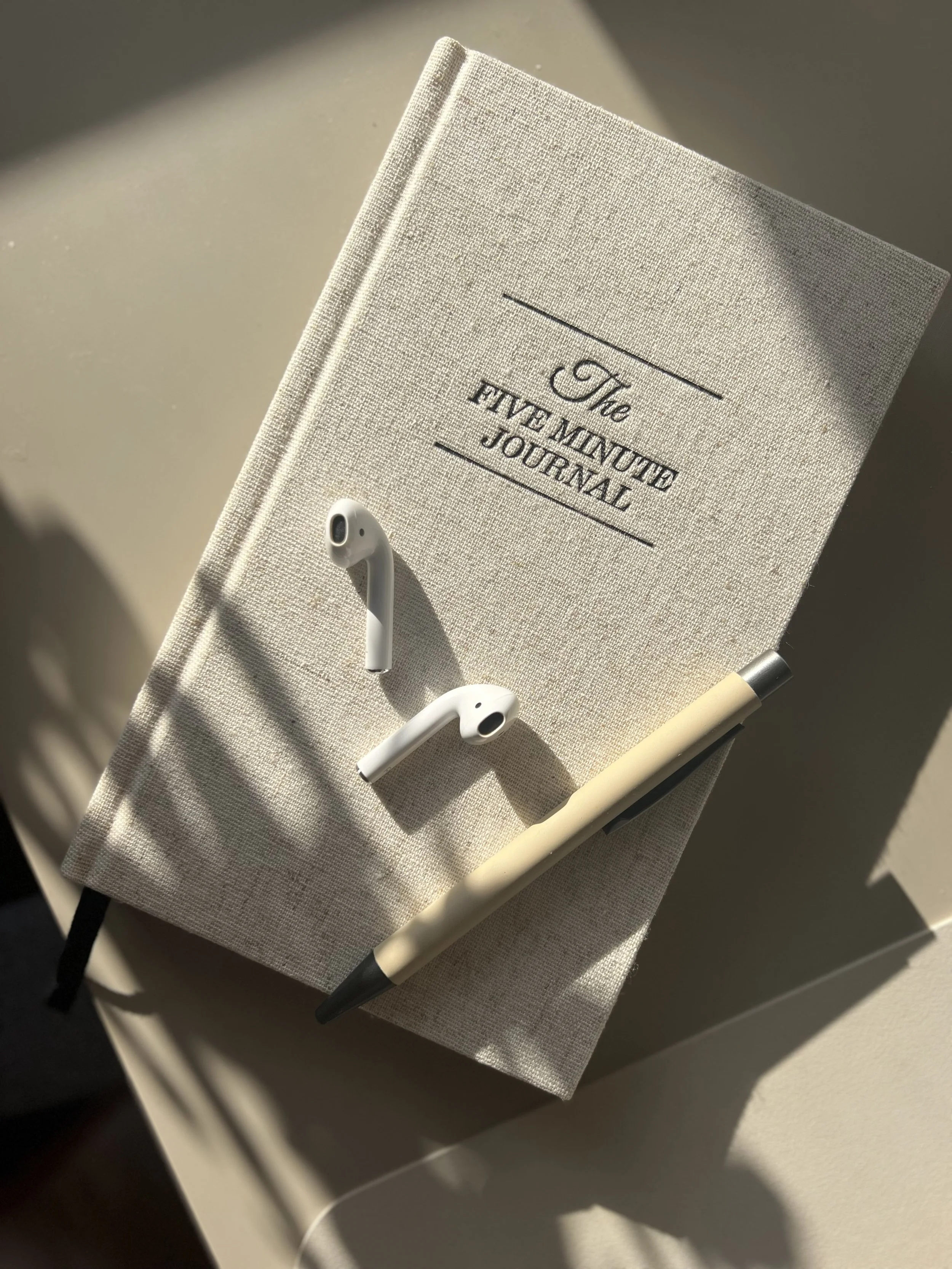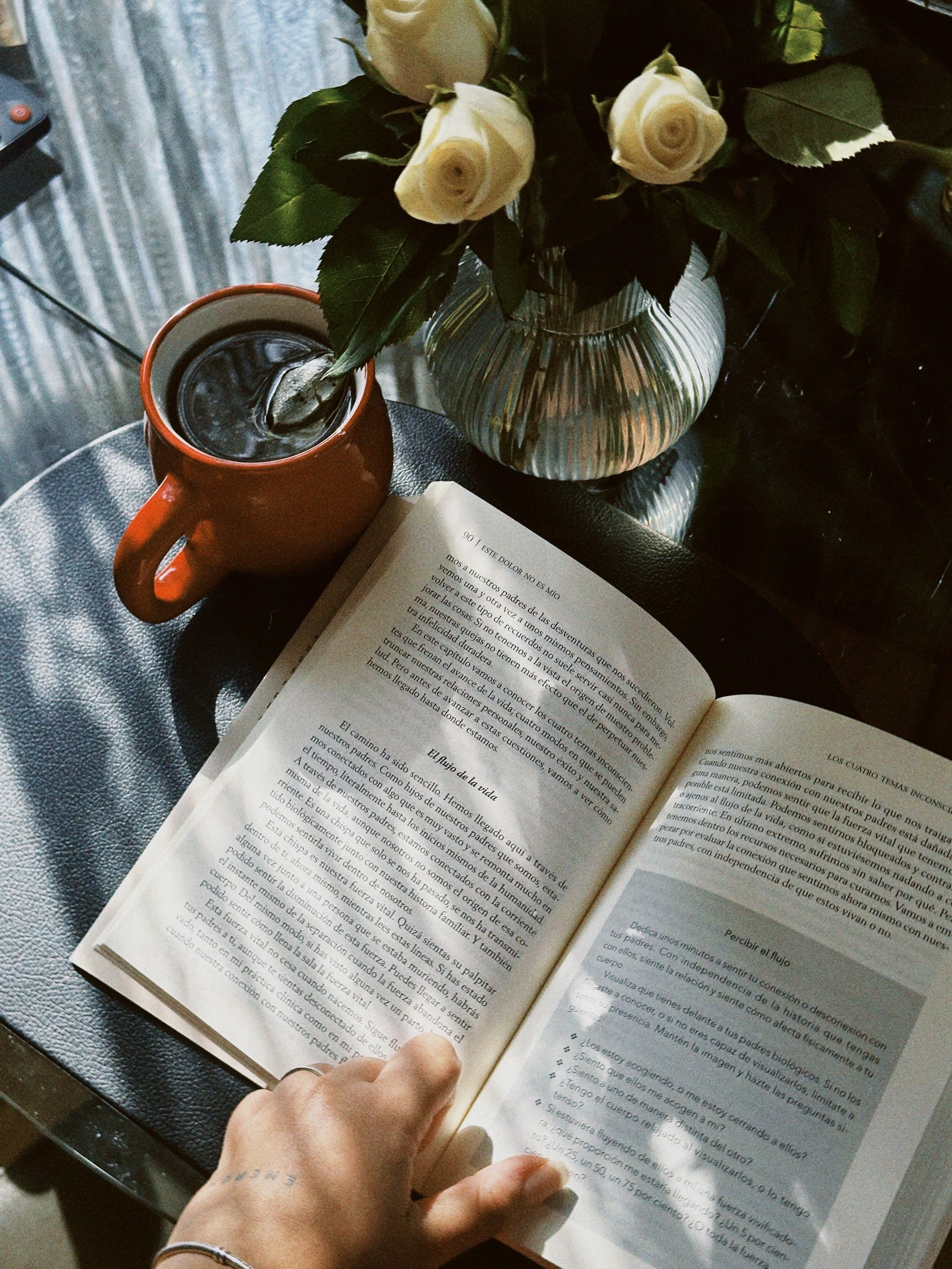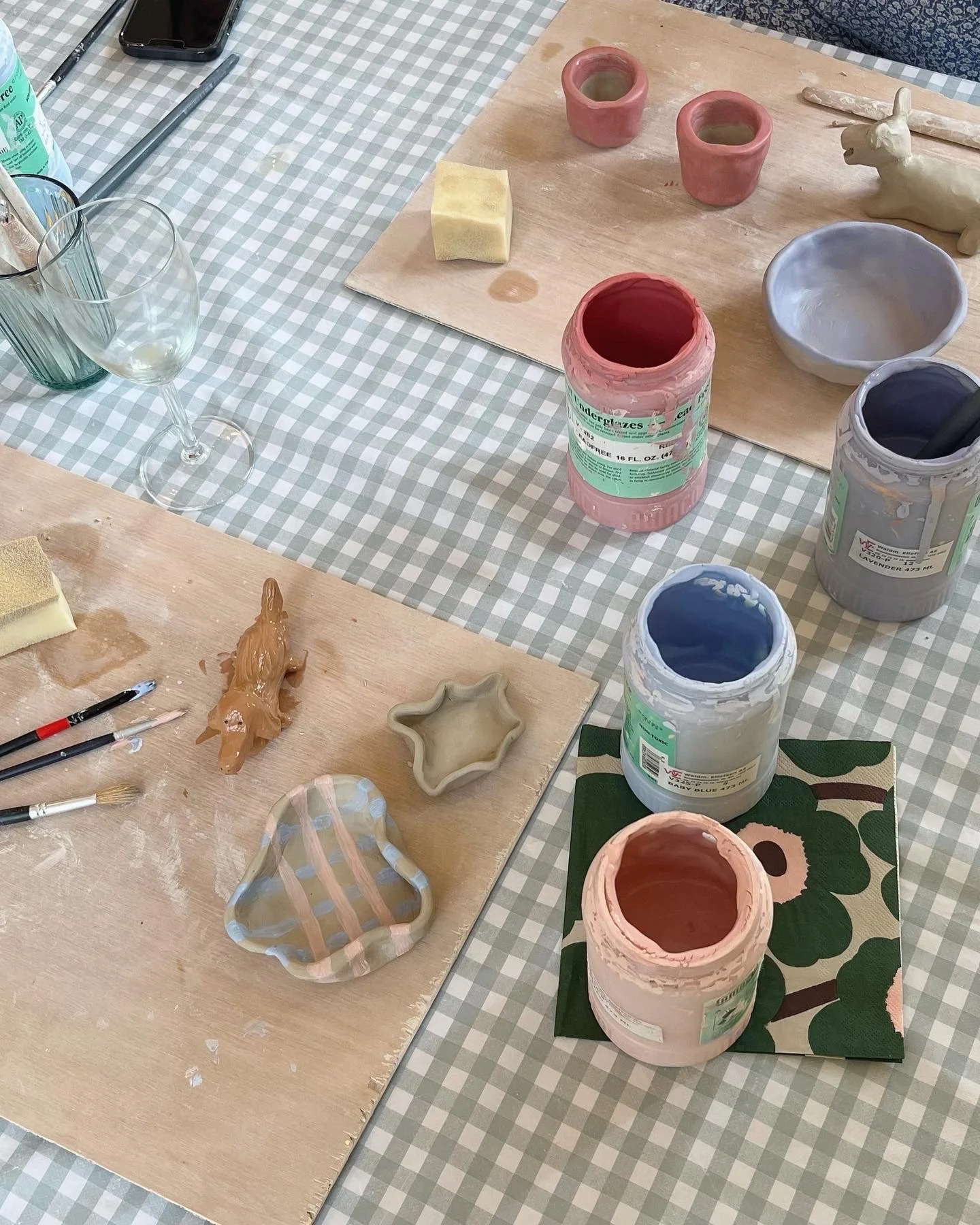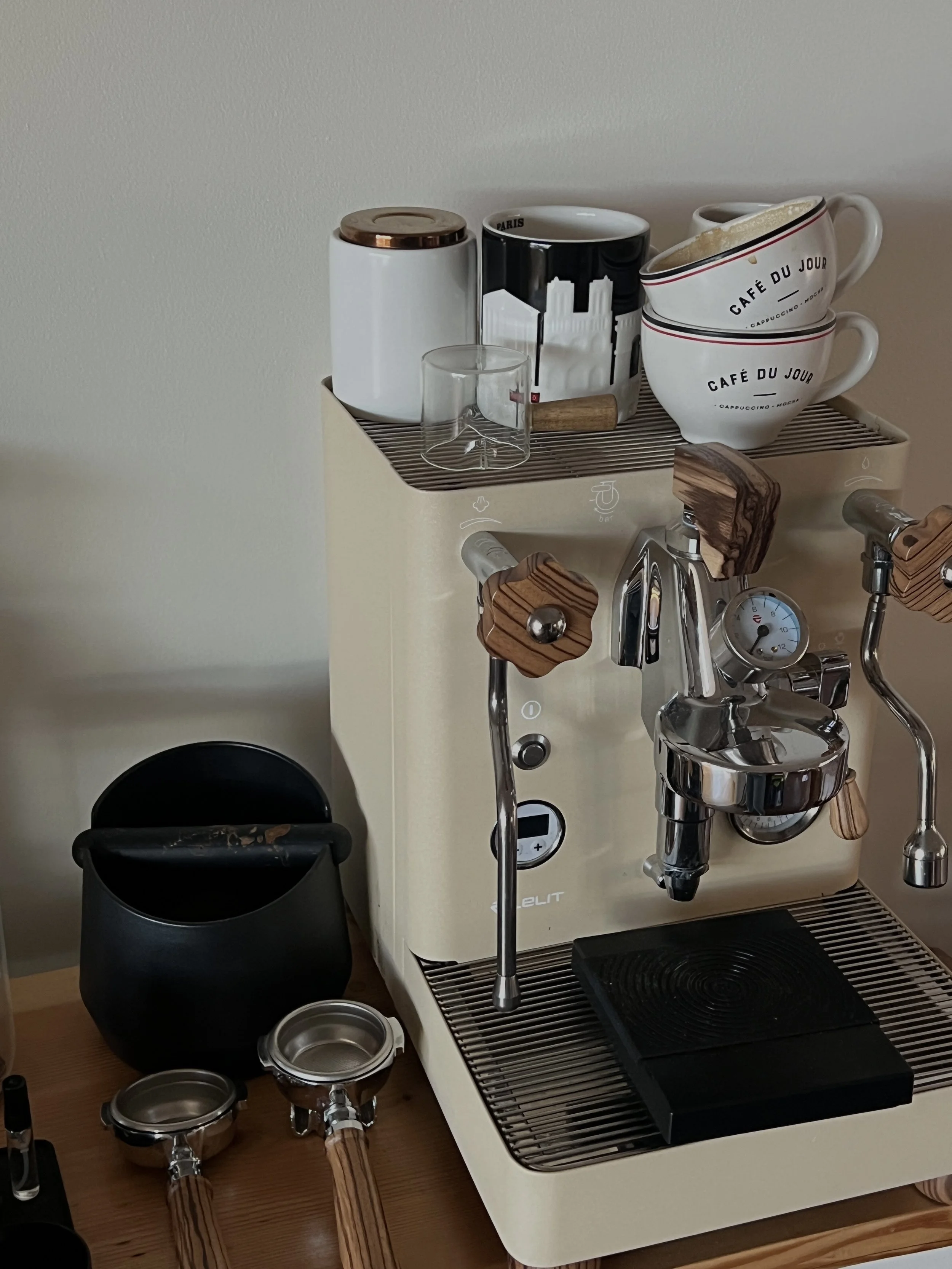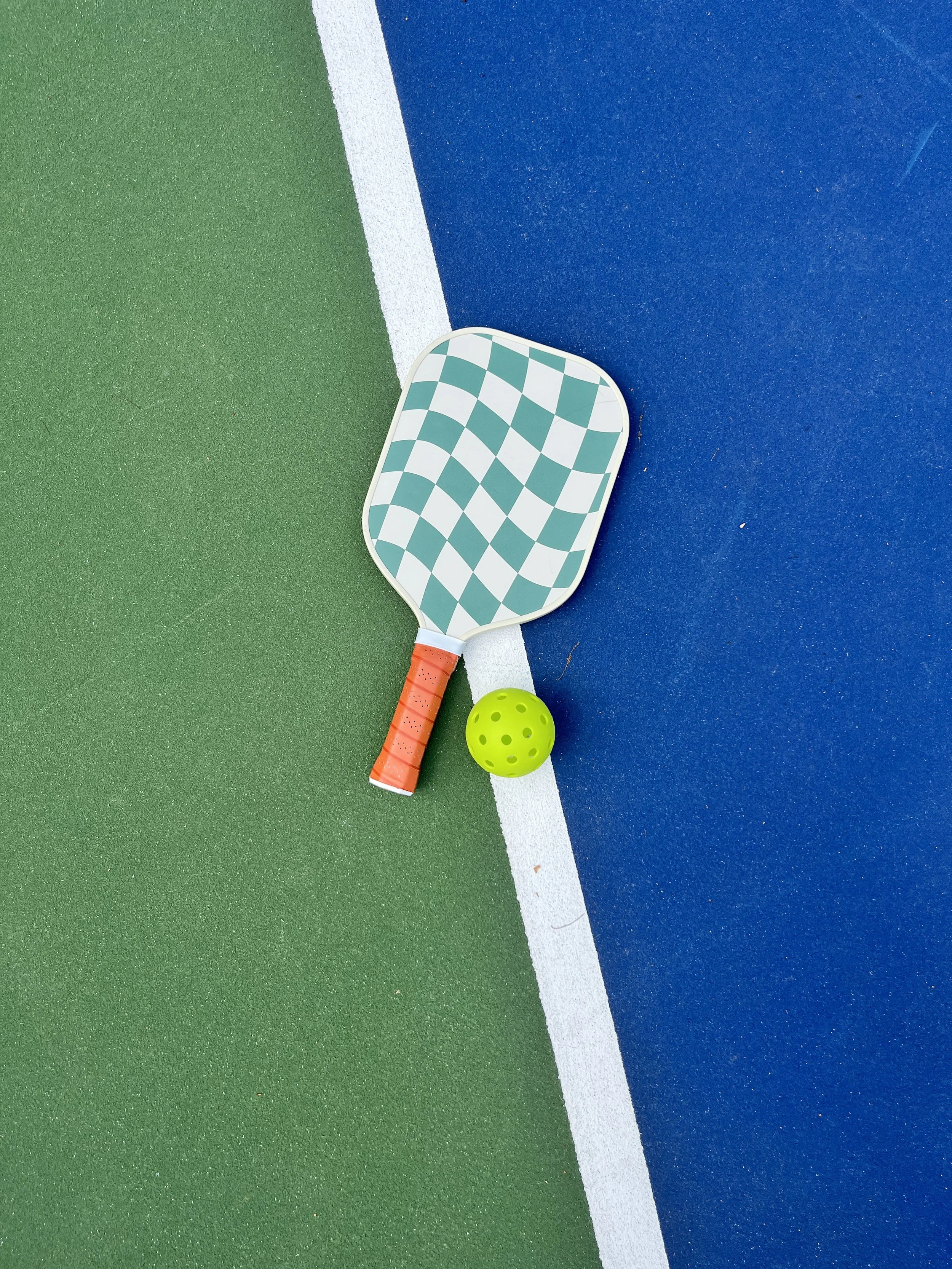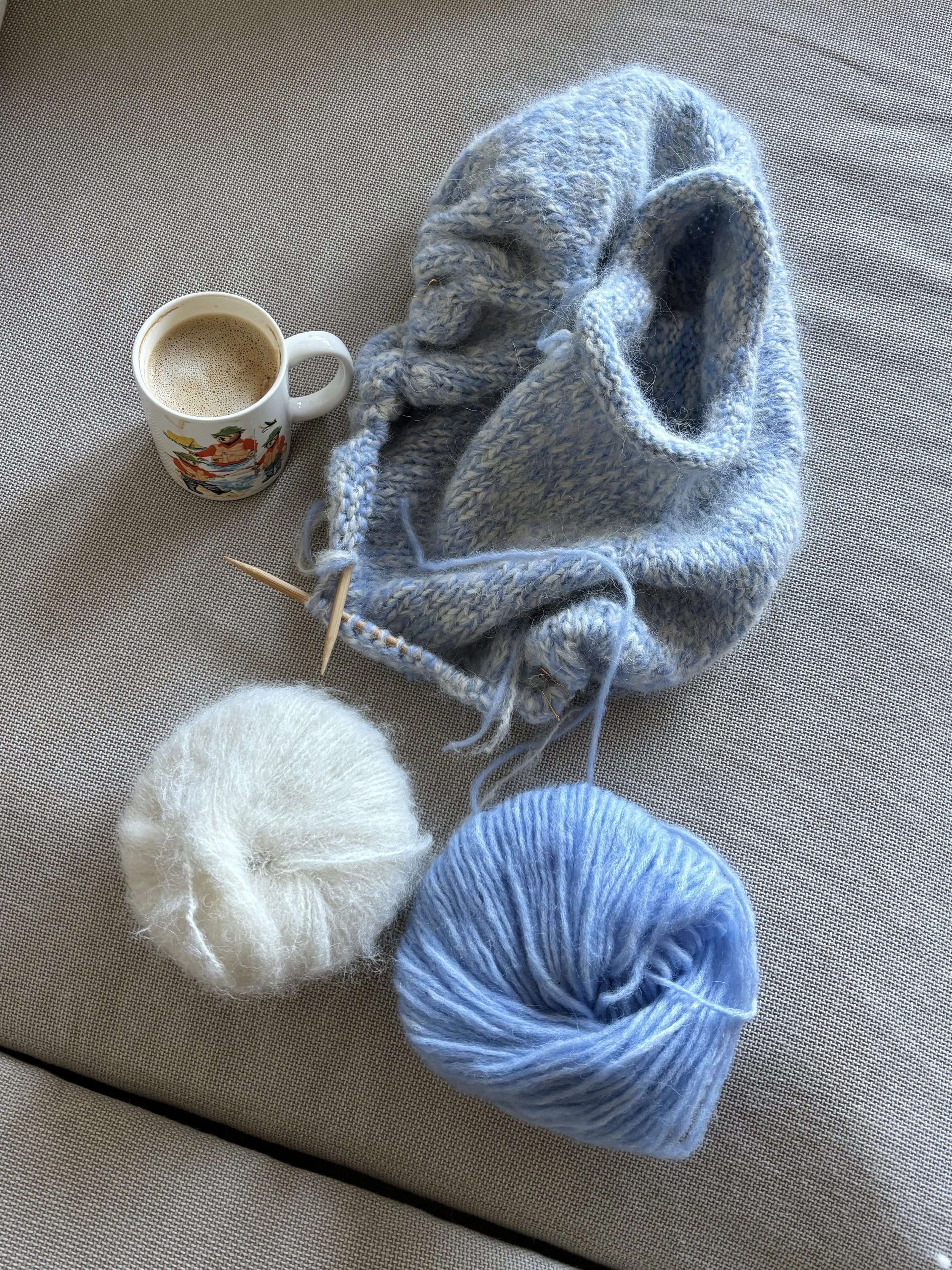Hobbies are more than a pastime.
In the rush of our day to day, “hobbies” often get dismissed as luxuries—nice if you have the time, but expendable when things get busy.
Yet from a clinical standpoint, that couldn’t be further from the truth.
Meaningful, enjoyable activities are not optional for your mental health- they are vital components of emotional regulation, nervous system balance, and even our physical health!
As clinicians and caretakers, we must begin treating life-giving activities- the things people do simply for joy, creativity, and personal meaning- as essential to mental and physiological well-being, not just afterthoughts to be squeezed in if and when everything else is done.
The Biology of Restoration
Engaging in hobbies and pleasurable pursuits activates the nervous system—the “rest and digest” counterpart to the stress-driven sympathetic nervous system. This shift is biologically measurable:
Heart rate slows
Cortisol levels decrease
Digestive processes normalize
Muscle tension reduces
Cognitive flexibility improves
When we do something we enjoy, the brain releases dopamine and serotonin, neurotransmitters involved in mood regulation, motivation, and resilience. These aren’t just fleeting “happy chemicals”—they’re key players in long-term mental health.
Pursuing a life giving activity can have a somatic or neurological impact on symptoms. Hobbies are often encouraged for people struggling with depression or anxiety, because activities help reduce spiral thinking and offer some structure and meaning. Hobbies help with burnout and occupational stress- regular engagement in non- work activities helps prevent or treat burnout,and can serve as a powerful tool. Hobbies improve cognitive health- they challenge your mind, engage both sides of the brain, and give a serotonin boost.
In a culture obsessed with efficiency…..
it is so easy to get lost in what we call "the grind"
The norm is to live life feeling disconnected from what makes our life meaningful.
When every day is focused on survival- meeting obligations, checking off a checklist, managing symptoms, or staying afloat- there is no space for spontaneity, creativity, or play.
So make space to feel alive! What is it you have been wanting to do, but never make time for? Maybe you love to read, or make pottery or paint? Or you love playing sports or bike riding or long walks? Whatever it may be, it isn't frivolous, it's actually helpful to your mental and physical health.
Hobbies are not trivial. They are therapeutic. They remind people that life is not only about surviving, but about connecting, expressing, playing, and creating.
As we work toward better mental and physical health, let’s not forget to ask the question:
What makes me feel alive?
And then help make space for that answer.
Blog by: Anna Mills, LMSW
Supervised by: Haleigh Culverhouse, LCSW-S

